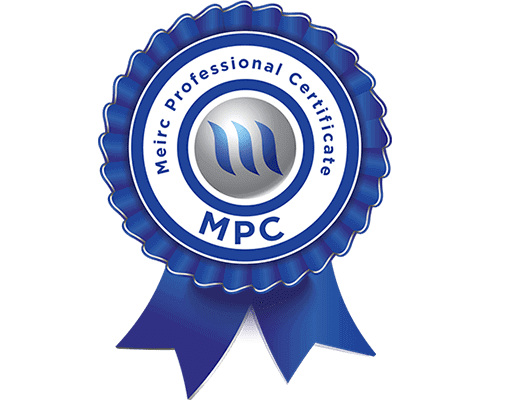
Certificate in Professional Accounting
Why Attend
This course is essential for accounting and finance employees in every company as it covers the rules and regulations under International Financial Reporting Standards (IFRS) blended with practical knowledge for recording and reporting financial data. It is a technical accounting course which starts with financial statements and goes into the details. The course also tackles the definitions and meanings of the main accounts such as 'cash and cash equivalents', 'Available for Sale' (AFS) and some equity accounts which employees do not see on a daily basis, and as a result, forget how to treat. Also, this course covers topics such as proper account classifications such as 'non current assets' or 'non current liabilities' and the rules that require different classifications.
Furthermore, this course highlights for participants different depreciation methods for various types of assets as well as costs capitalization rules and impairment rules for assets. We also cover interesting and sometimes controversial topics such as 'leases' and correcting errors, which will engage participants in conceptual thinking and discussions.





